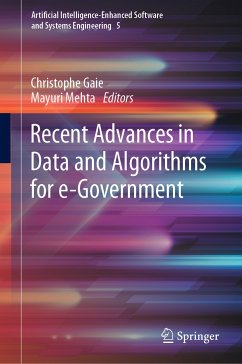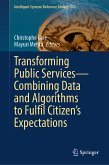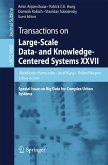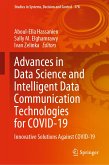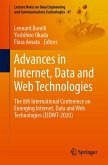The book is suitable for students and academics aiming to build up their background on the usage of data and algorithms through various techniques, including artificial intelligence. The book is used as a reference book for teaching a graduate course on e-Government, Process Modeling, or Artificial Intelligence. Besides its use in academia, this book is used by civil servants of every domain and citizens who aim to understand theongoing modernization of public services.
Dieser Download kann aus rechtlichen Gründen nur mit Rechnungsadresse in A, B, BG, CY, CZ, D, DK, EW, E, FIN, F, GR, HR, H, IRL, I, LT, L, LR, M, NL, PL, P, R, S, SLO, SK ausgeliefert werden.
Hinweis: Dieser Artikel kann nur an eine deutsche Lieferadresse ausgeliefert werden.

